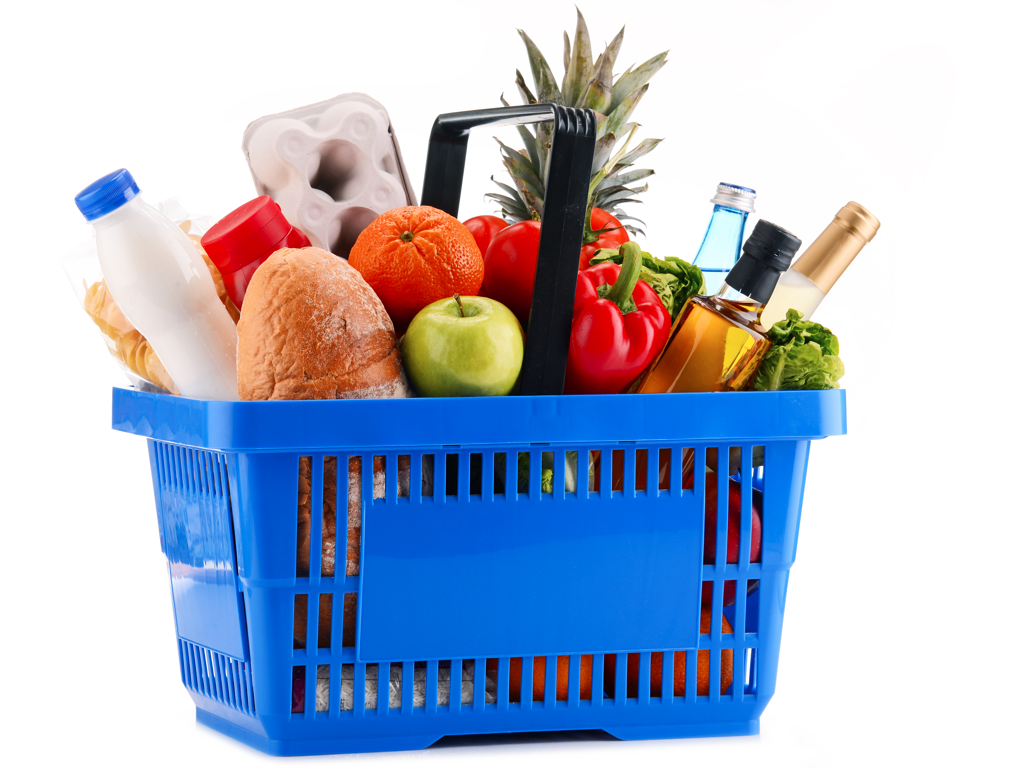Annual food bills set to rise £180 rise, Kantar wrns

Annual food bills are set to rise by £180 on average as the cost of living squeeze continues to hit household budgets, according to Kantar.
Annual grocery inflation was 3.8% over the past four weeks, up from 3.5% in December, Kantar found.
Sales of savoury snacks, fresh beef and crisps rose, last month, while beer, bacon and vitamins fell. However, Dry January and Veganuary boosted sales of vegan and low alcohol products.
Fraser McKevitt, head of retail and consumer insight at Kantar, said: “Prices are rising on many fronts, and the weekly shop is no exception.
“Like-for-like grocery price inflation, which assumes that shoppers buy exactly the same products this year as they did last year, increased again this month.
“Taken over the course of a 12-month period, this 3.8% rise in prices could add an extra £180 to the average household’s annual grocery bill.
“We’re now likely to see shoppers striving to keep costs down by searching for cheaper products and promotions. Supermarkets that can offer the best value stand to win the biggest slice of spend.”
Consumer price inflation is at a 30-year high of 5.4%, according to the Office for National Statistics, and is predicted by the Bank of England to reach about 6% by April.
Mr McKevitt added that the end of lockdown rules and a return to the office meant pre-pandemic shopping patterns were starting to return.
The return to the office also saw an increase in sales of personal hygiene sales, Kantar found, with razor blade sales up 14% and deodorant up 20%.
There was also strong growth in plant-based products, with shoppers embracing vegan diets in January. About 10.7 million households bought at least one dairy-free or meat-free alternative.
Last month also saw a 5% increase in no- or low-alcohol drinks, as consumers taking part in Dry January avoided alcohol.
With more shoppers visiting supermarkets, there were heavy falls in online grocery sales last month, Kantar said. Online purchases down 15% year-on-year.
But online orders remain above pre-pandemic levels, with orders accounting for 12.5% of all grocery spending.







